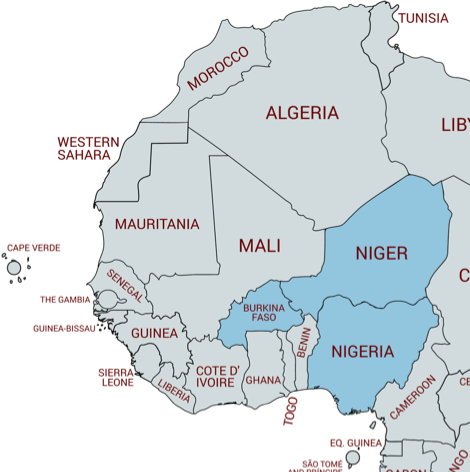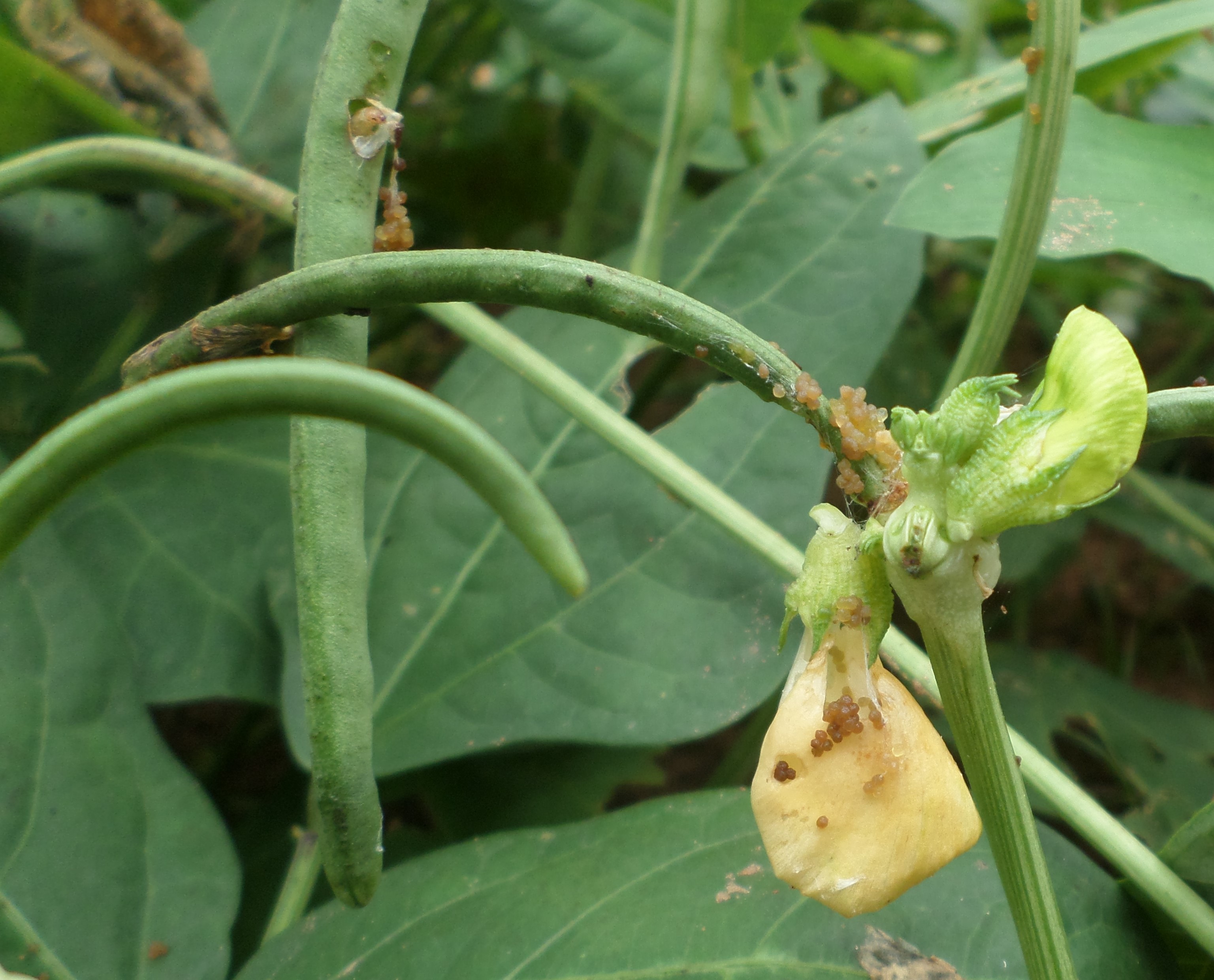Science-driven and farmer-oriented insect pest management for cowpea agro-ecosystems in West Africa
Principal investigator/Lead institution: Dr. Manuele Tamò, International Institute of Tropical Agriculture (IITA), Benin
Collaborating institutions: Michigan State University, U.S.
Institut de l'Environnement et de Recherches Agricoles (INERA), Burkina Faso
Institut National de la Recherche Agronomique du Niger (INRAN), Niger
University of Maradi (UM), Niger
Kwara State University (KWASU), Ilorin, Nigeria
Works in: Burkina Faso, Niger,Nigeria

Project overview
Cowpea is one of the most important grain legumes in West Africa, but its production remains threatened by insect pest which can severely reduce grain yields.
To minimize their impact in cowpea cropping systems in Burkina Faso, Niger and Nigeria and redress yields, in this project we propose to develop and deploy climate-resilient, environmentally friendly and economically profitable integrated pest management approaches and tools - easily implementable by women and men farmers.
The community-based production of bio-pesticides will mostly rely on women and youth groups thereby improving their livelihoods through additional income.
Our pest control approach without chemical insecticides using the seeds from the Neem tree will benefit women cowpea farmers who have much less access to conventional pesticides, and be particularly attractive to the youth as a sustainable approach.

Additionally, the reduction of pesticides has a significant potential to improve the health of women in areas where women are the ones that tend the cowpea fields – due to reduced exposure to pesticides.
In our farmer capacity building and educational approaches, we will make every effort to develop effective deployment strategies for women and youth, such that they have increased access to improved strategies for safe and sustainable cowpeas pest management.
Click here to download the Project Fact Sheet
Want to learn more?
Presentation at the 2022 Global Legume Lab Convening. Presentation at the 2021 Global Legume Lab Convening.



